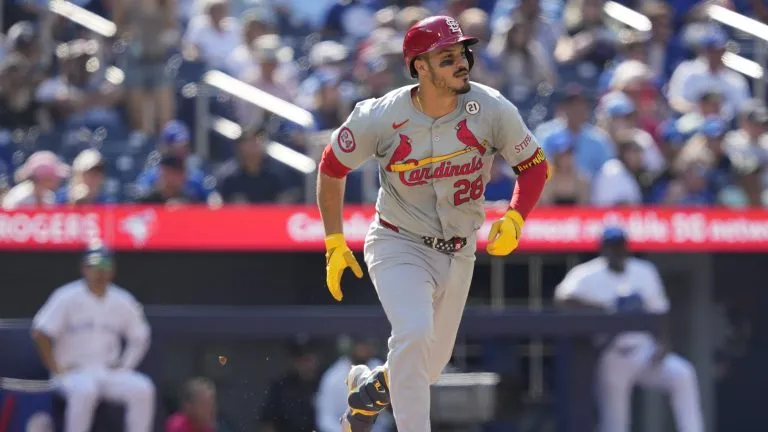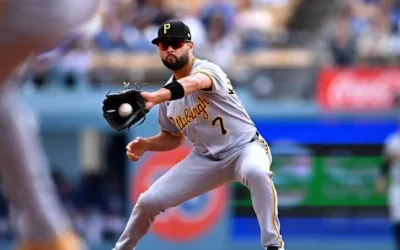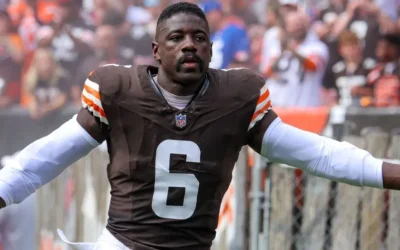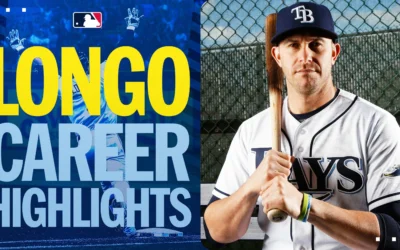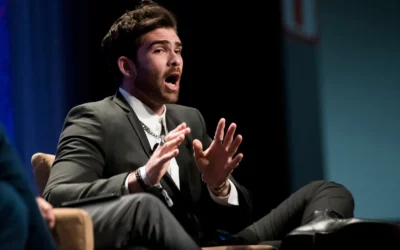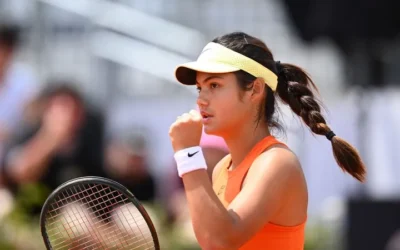In the ever-turbulent world of Major League Baseball, few narratives carry as much weight as the ongoing drama surrounding Rafael Devers and the Boston Red Sox. Devers, one of the brightest young stars in the sport, has found himself at a crossroads with the franchise that once seemed devoted to nurturing his talent. As we delve into the messy situation, it becomes clear that both parties carry a share of the blame.
The Red Sox organization historically places a significant emphasis on developing young talent, as seen with players like Mookie Betts and Xander Bogaerts. However, the recent chain of events that has unfolded with Devers raises questions about the organization’s commitment to maintaining its homegrown talent. In the wake of Bogey’s departure, fans had hoped Devers would be the next face of the franchise. With his charisma, powerful bat, and ability to perform in high-pressure situations, he fit the bill.
Understanding The Situation
Rafael Devers is at a pivotal moment in his career, having already established himself as one of the league’s top hitters. However, contract negotiations have been far from smooth. The Red Sox front office’s hesitance to offer Devers a long-term deal has sparked rumors and speculation about his future. Will he remain in Boston, or will he be trading his Fenway Park view for that of another major league ballpark?
As discussions about his potential trade gain momentum, it’s essential to dissect the factors contributing to this tense situation. From Devers’ perspective, he seeks a contract that reflects his worth—a common desire among elite athletes. On the other hand, the Red Sox organization must reconcile their financial future and the potential for restructuring in the coming years.
The Inside Perspective: Blame on Both Sides
The breakdown between player and team is not simply due to failed negotiations. Devers has publicly expressed frustration with the team’s direction. His comments hint at an undercurrent of disappointment among players regarding management decisions, including the front office’s failure to augment the roster’s competitiveness.
From the Red Sox organization’s point of view, the stakes of a multi-million dollar deal are monumental. While the team’s loyal fanbase thirsts for stability and success, management operates within the confines of a salary cap and financial prudence. They have faced a tough decision: continue investing heavily in Devers or strategically allocate resources to improve the entire lineup. This dilemma has put both parties at odds.
The Debate Over a Trade
The trade discussions regarding Rafael Devers have escalated, prompting speculation regarding potential destinations should the Red Sox decide to move on from him. Teams across the league are monitoring the situation closely, considering trade offers that could reshape both their rosters and the Red Sox’s future. Here are three plausible destinations for Devers if he hits the trade block:
1. San Diego Padres
The San Diego Padres have shown a willingness to spend, positioning themselves as a contender in recent years. With an already star-studded roster that includes Manny Machado and Fernando Tatis Jr., the addition of a player of Devers’ caliber could elevate them to the next level. Devers fits into their lineup seamlessly, providing them with additional power and a left-handed bat that can thrive in Petco Park.
2. Chicago White Sox
Another team that could jump at the chance to acquire Devers is the Chicago White Sox. Coming off a disappointing season, the Sox need to revitalize their roster, and acquiring a premier player like Devers could light a fire under the team. The organizational philosophy centers on attracting young talents, and Devers, being just 26, could be the centerpiece of Chicago’s future.
3. New York Mets
The New York Mets, under the ownership of Steve Cohen, have demonstrated an aggressive approach to building a competitive team. Devers’ left-handed power bat would fit beautifully into the Mets’ lineup. An acquisition would symbolize an attempt to solidify their already formidable roster while solidifying the Mets’ commitment to winning.
A Long-term Outlook
As discussions about Devers’ future loom large, the Red Sox must carefully evaluate their course of action. Striking a balance between keeping star players and reinforcing the team is crucial. Moreover, how they choose to navigate this situation will reverberate within the fan community, where loyalty, hope, and frustration intersect.
Should they opt to retain Devers, the Red Sox will need to urgently fortify themselves and show him that subsequent seasons are promising. Alternatively, if they choose to trade him, management must ensure that they receive considerable value in return—both in terms of immediate players and long-term prospects.
Fan Reactions and the Emotional Element
The emotional investment fans have in their teams often complicates such decisions. Rafael Devers is more than just a player to the Boston faithful; he embodies hope and resilience. Every home run he has hit resonates beyond the park’s fences, crafting memories in the hearts of fans. If the Red Sox were to part ways with him, it wouldn’t simply be a transaction; it would symbolize a broader shift in philosophy that could provoke passionate reactions.
With various elements at play—from fan sentiment to business considerations—the resolution of Devers’ situation will likely define the Red Sox’ trajectory in the years to come. It’s a dynamic interplay of ambition, loyalty, and the business of baseball that makes this drama even more intriguing.
Conclusion
The winds surrounding Rafael Devers and the Boston Red Sox are fraught with complexities. Both parties bear portions of the blame for the current impasse, and what unfolds in the coming months could very well reshape the landscape of the club. Fans continue to wait anxiously, hoping for a resolution that lays the groundwork for a bright future with a beloved superstar. Whether Devers remains in Boston or embarks on a new chapter elsewhere, one thing remains clear: the essence of this situation goes beyond mere trades and contracts—it encapsulates the very spirit of what it means to be a part of the game.

